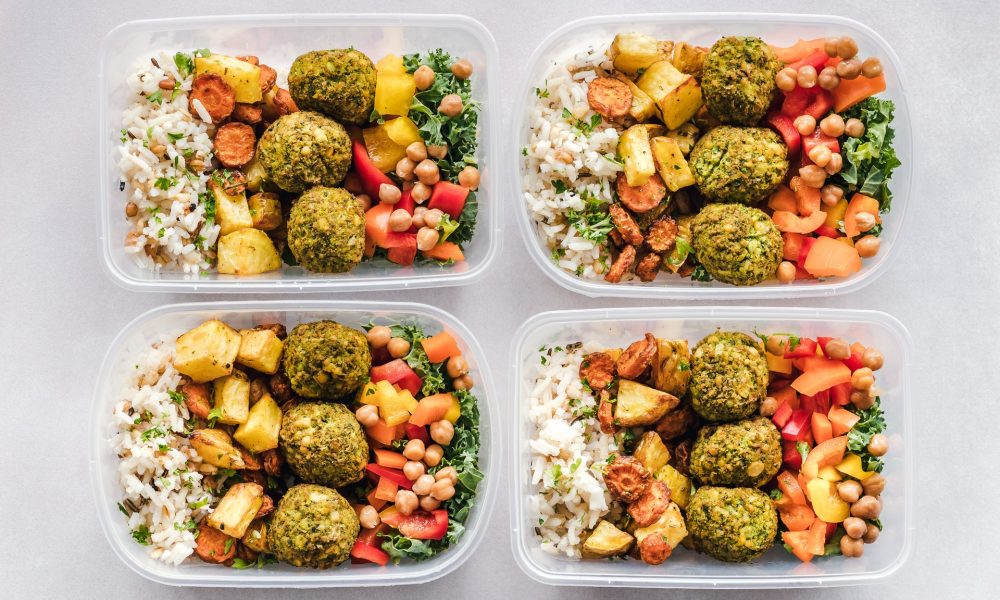
Are Artificial Sweeteners Bad For You? The Shocking Truth
Let’s take an objective scientific approach to answering the infamous question, are artificial sweeteners really bad for you?

For weight loss, It’s deeply common advice to eat 6 small meals a day. All the meathead bros will tell you, eating too infrequently crashes your metabolism, makes you fat, and tanks your credit score.
However, all this talk about having to eat a bunch of meals is simply unwarranted fear mongering. As you’re about to see, the amount of meals you eat is physiologically irrelevant for fat loss.
The idea of eating 6 small meals a day came from boosting, fueling, turbo charging, or whatever fancy verb you want to use for your metabolism. There is some truth to this, but it’s not what you think.
You see, your energy expenditure does go up when you eat. This is called the thermic effect of food. It’s basically just a fancy term meaning your body works a bit harder and burns some extra calories from having to digest food.
Without looking deeper into the science, you would logically think if you just eat ridiculously often, you’ll be able to maximize the thermic effect, burn a bunch of extra calories, and get so shredded, hot girls uncontrollably chase after you.
Unfortunately, this just isn’t how it works. The thermic effect of food is affected by meal composition not frequency meaning eating more often doesn’t boost this effect. The thermic effect of food is dependent on what and how much you eat (1,2). Eating more total food or eating difficult to digest nutrients (protein, fiber) increases the thermic effect because your body has to hustle harder to digest food.
How many meals you eat for fat loss is extremely overrated. The amount of fat you lose will always be determined by the net total of calories burned vs calories consumed over time regardless of how many meals you choose to distribute those numbers to.
You can either,
The same bodyweight would emerge assuming total calories, macronutrient, and food choice were equal between conditions.
In controlled studies, the results are consistently clear. How frequent you eat has no impact on metabolism, body weight, or net outcomes (3, 4, 5, 6, 7, 8).
To be clear, I’m not saying eating 6 small meals is a bad strategy. You can do it if helps you personally, but it’s just not physiologically advantageous to eating less meals.
Because there’s no difference in fat loss between approaches, I suggest you eat the amount of meals that keep you most full while making it easy to consistently stick to your caloric goals. Some of my clients prefer very frequent meals, but most of them do best with just about 2-3.
For total fat loss, it still ultimately comes down to how much total food you eat, not how often you eat food.
Grab my free checklist on how to defeat your worst food cravings

Let’s take an objective scientific approach to answering the infamous question, are artificial sweeteners really bad for you?

You could know everything about food like a wizard and have the most science proven diet in place, but if you can’t stick to that style of eating consistently, you won’t see any results. Period.

We know protein is epically wonderful for keeping us full and growing us bigger sexier slabs of muscle, but how many times a day should we eat it? Is there really an optimal frequency for protein intake to maximize muscle mass?